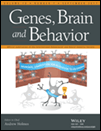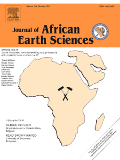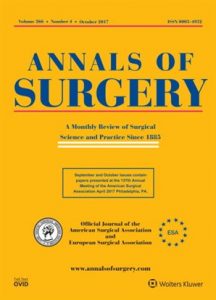
Carlo Croce, a cancer researcher who has faced numerous research misconduct allegations, recently accused a former lab member of misconduct. Although an institutional probe did not support that allegation, Croce’s efforts have led to a retraction.
In November 2015, Croce and another cancer researcher at Ohio State University (OSU), Ramiro Garzon, contacted PLOS ONE, alleging that the paper’s corresponding author, Stefan Costinean, published data without their knowledge or permission and without “accurately acknowledging their contributions to the research.” Although the PLOS ONE paper mentioned Croce’s and Garzon’s contributions in the acknowledgements section, the two were not included as co-authors. We have obtained a copy of the report describing OSU’s preliminary probe; it did not find evidence of misconduct, but recommended the paper be retracted for using data without permission. Although Costinean disagreed, the journal has since retracted the paper.
Croce has been on the other side of this process: Seven of his papers have been retracted for issues including manipulation and duplication. After a New York Times article, published in March, explored misconduct allegations against Croce, OSU said the university is “instituting an independent external review.” Croce is currently suing the New York Times, alleging that the newspaper defamed him in the story.
Continue reading Carlo Croce, facing misconduct allegations, accuses former colleague of misconduct
 Here’s a head-scratcher: A 2017 paper examining why long space flights can cause eye damage has been taken down, with a brief note saying NASA, which sponsored the research, asked for the retraction because of “security concerns.”
Here’s a head-scratcher: A 2017 paper examining why long space flights can cause eye damage has been taken down, with a brief note saying NASA, which sponsored the research, asked for the retraction because of “security concerns.”



 In February 2016,
In February 2016,

